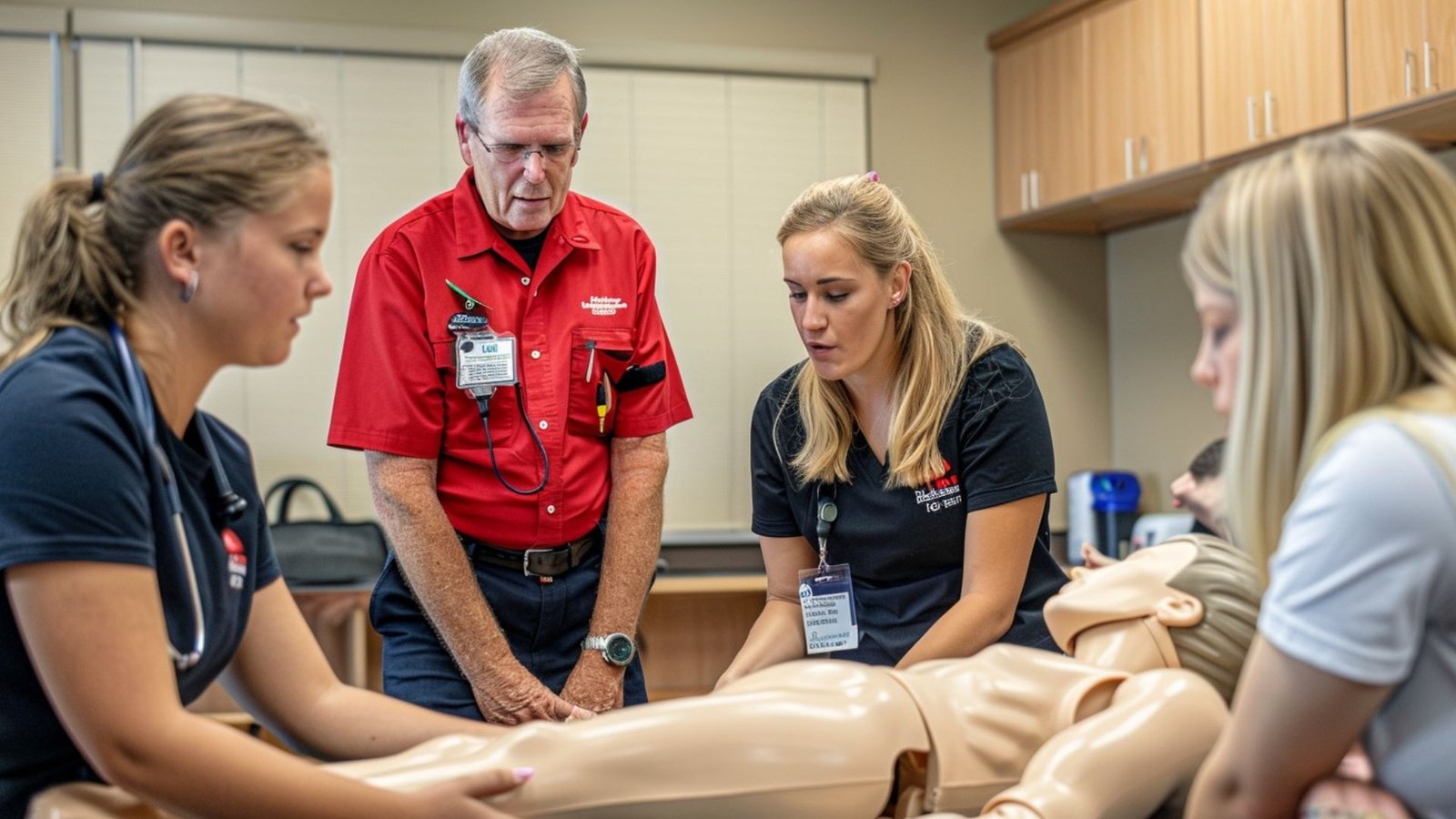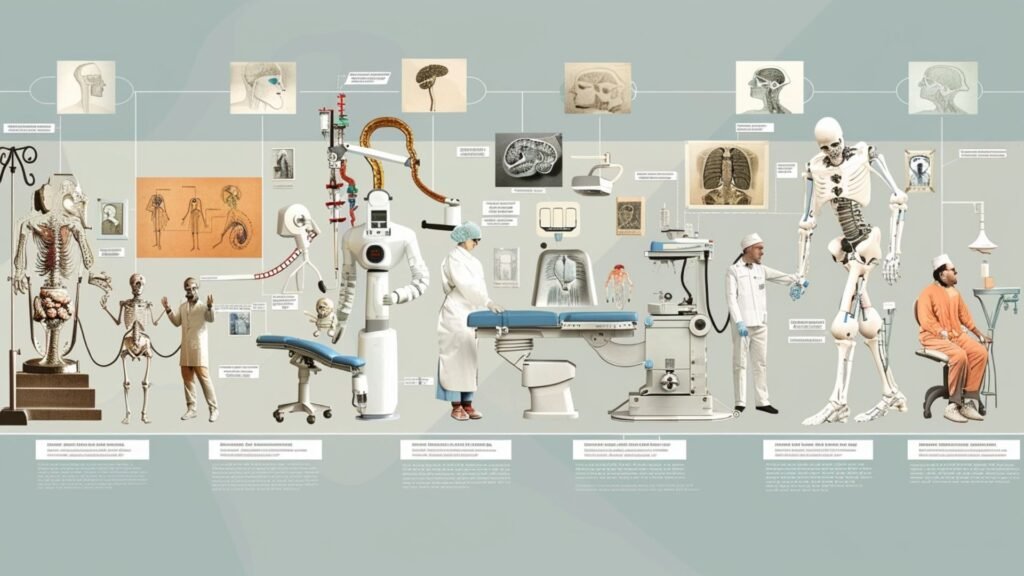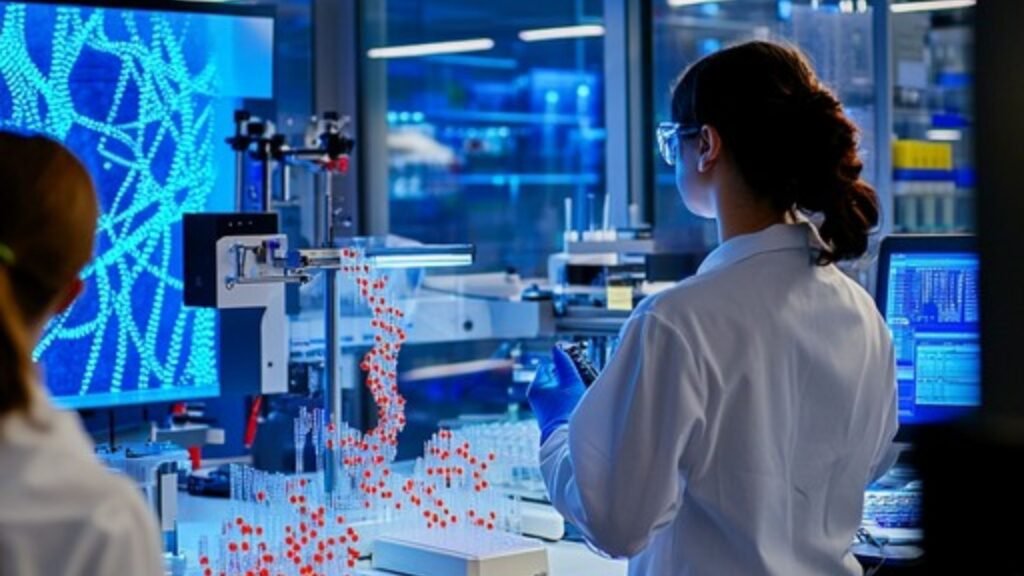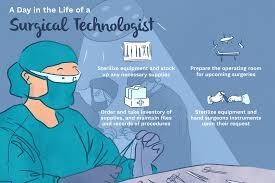
Applied Medical Technology
Applied Medical Technology: A Healthcare Revolution
The landscape of healthcare is undergoing a significant transformation, driven by the rapid advancements in applied medical technology. This revolution encompasses a broad range of innovations that enhance patient care, improve diagnostic accuracy, and streamline treatment processes. This article explores the various facets of applied medical technology, highlighting its impact on modern healthcare.
The Role of Technology in Modern Healthcare
Evolution of Medical Technology

Medical technology has evolved from basic tools and techniques to sophisticated systems that integrate artificial intelligence (AI), robotics, and telemedicine. Historical milestones, such as the invention of antibiotics and the development of vaccines, laid the groundwork for today’s innovations. The 21st century has introduced groundbreaking technologies that not only improve patient outcomes but also redefine healthcare delivery.
Key Innovations Shaping Healthcare
- Artificial Intelligence (AI)
- AI is revolutionizing diagnostics and treatment planning. By analyzing vast amounts of medical data, AI algorithms can identify patterns that may elude human practitioners. For instance, AI can review mammograms with nearly 100% accuracy, significantly reducing the need for invasive biopsies.
- 3D Printing
- This technology allows for the creation of custom implants and prosthetics tailored to individual patients. Surgeons can now prepare for complex procedures using 3D-printed anatomical models, enhancing surgical precision and patient safety.
- Telemedicine
- Telemedicine has expanded access to healthcare services, particularly during the COVID-19 pandemic. Patients can consult with healthcare providers remotely, ensuring continuity of care while minimizing exposure risks.
- Wearable Technology
- They provide real-time data on vital signs and activity levels, empowering patients to take charge of their health.
- Gene Editing Technologies
- Techniques like CRISPR-Cas9 have opened new avenues for treating genetic disorders by allowing precise modifications to DNA sequences. This innovation holds promise for conditions previously deemed untreatable.
Enhancing Patient Care Through Innovation
Personalized Medicine

Applied medical technology facilitates personalized medicine approaches that tailor treatments to individual patient profiles. By considering genetic information, lifestyle factors, and environmental influences, healthcare providers can develop customized treatment plans that improve efficacy and reduce side effects.
Improved Diagnostics
Advancements in diagnostic technologies enable earlier detection of diseases. For example, AI-powered imaging systems can analyze scans more quickly and accurately than traditional methods, leading to timely interventions.This capability is particularly crucial for conditions like cancer, where early detection can significantly impact survival rates.
Streamlined Workflow
Innovative technologies streamline healthcare workflows, reducing administrative burdens on providers. Electronic Health Records (EHRs) allow for seamless sharing of patient information among healthcare professionals, enhancing collaboration and decision-making.Moreover, automated systems can manage scheduling and billing processes, freeing up time for direct patient care.
Enhanced Surgical Techniques
Robotic-assisted surgeries are becoming increasingly common, offering precision and minimally invasive options for patients. These technologies reduce recovery times and complications associated with traditional surgical methods.Surgeons can utilize augmented reality (AR) to visualize complex anatomical structures during procedures, improving outcomes.
Challenges in Implementing Medical Technology
Integration into Existing Systems

Despite the benefits of applied medical technology, integrating new innovations into existing healthcare systems poses challenges. Resistance from healthcare professionals accustomed to traditional practices can hinder adoption. Effective training programs and change management strategies are essential to facilitate smooth transitions.
Cost Considerations
The high costs associated with advanced medical technologies can be a barrier to widespread implementation. Healthcare providers must balance the investment in new technologies with budget constraints while ensuring that patients receive high-quality care.Policymakers need to explore funding models that support innovation without compromising accessibility.
Ethical Considerations
As technologies like gene editing become more prevalent, ethical concerns arise regarding their use and potential consequences. Discussions surrounding consent, equity in access to treatments, and long-term impacts on human genetics are crucial as we navigate this evolving landscape.
Future Directions in Applied Medical Technology
Continued Innovation

The future of applied medical technology is bright, with ongoing research and development promising even more advancements. Areas such as neurotechnology hold potential for treating neurological disorders through brain-computer interfaces that could restore lost functions or enhance cognitive abilities.
Global Health Initiatives
Innovative technologies can play a vital role in addressing global health challenges. Initiatives focused on telemedicine can bridge gaps in healthcare access in underserved regions, while mobile health applications can empower individuals to manage their health proactively.
Collaboration Across Disciplines
The integration of engineering principles into healthcare innovation fosters collaboration between disciplines. By combining expertise from fields such as computer science, biology, and engineering, we can develop more effective solutions that address complex health issues.
Conclusion
Applied medical technology is undeniably revolutionizing healthcare by enhancing diagnostics, treatment options, and patient care delivery. While challenges remain in implementing these innovations effectively, the potential benefits far outweigh the obstacles. As we continue to embrace technological advancements in medicine, we pave the way for a healthier future where personalized care becomes the norm rather than the exception.In summary, the revolution brought about by applied medical technology signifies a transformative shift in how we approach health and wellness—one that prioritizes innovation while remaining steadfastly focused on improving patient outcomes across the globe.
Related Articles:
How to Install com.reddit.frontpage APK 2024.17.0
How Does TechArt Porsche Improve Performance?
7 Can’t Miss Trends About Ancient Technology Better Than Ours






